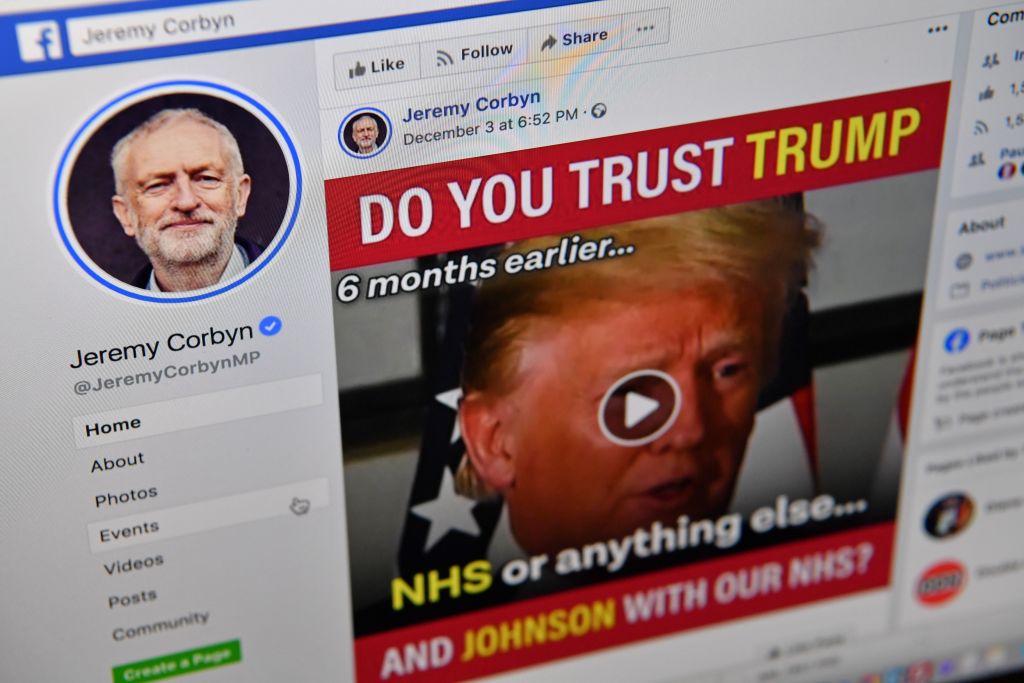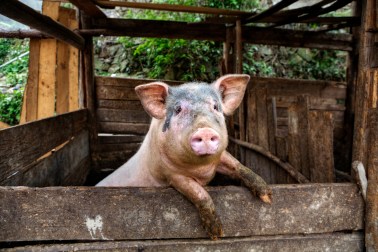As Brits head to the polls for the fourth general election this decade—a frequency of voting matched only in the 1920s and 1970s—there is a tendency amongst some commentators to underestimate how radically the democratic process has changed in the space of a century. Between Bonar Law and Boris Johnson, however, the public sphere has been revolutionised. In the 1920s, newspapers still dominated. In the 1970s, it was television. In the 2010s, it has been the Internet and, most recently, the network platforms we call “social media.”
Most British political pundits act as if this latest change has not happened. They pore over opinion polls and scrutinise television interviews much as their predecessors did when Ted Heath and Harold Wilson led the two major parties. This has led many of them to overestimate the Conservative party’s chances of winning a majority this week, just as it led them to underestimate Labour chance’s in 2017.

Get Britain's best politics newsletters
Register to get The Spectator's insight and opinion straight to your inbox. You can then read two free articles each week.
Already a subscriber? Log in






Comments
Join the debate for just £1 a month
Be part of the conversation with other Spectator readers by getting your first three months for £3.
UNLOCK ACCESS Just £1 a monthAlready a subscriber? Log in